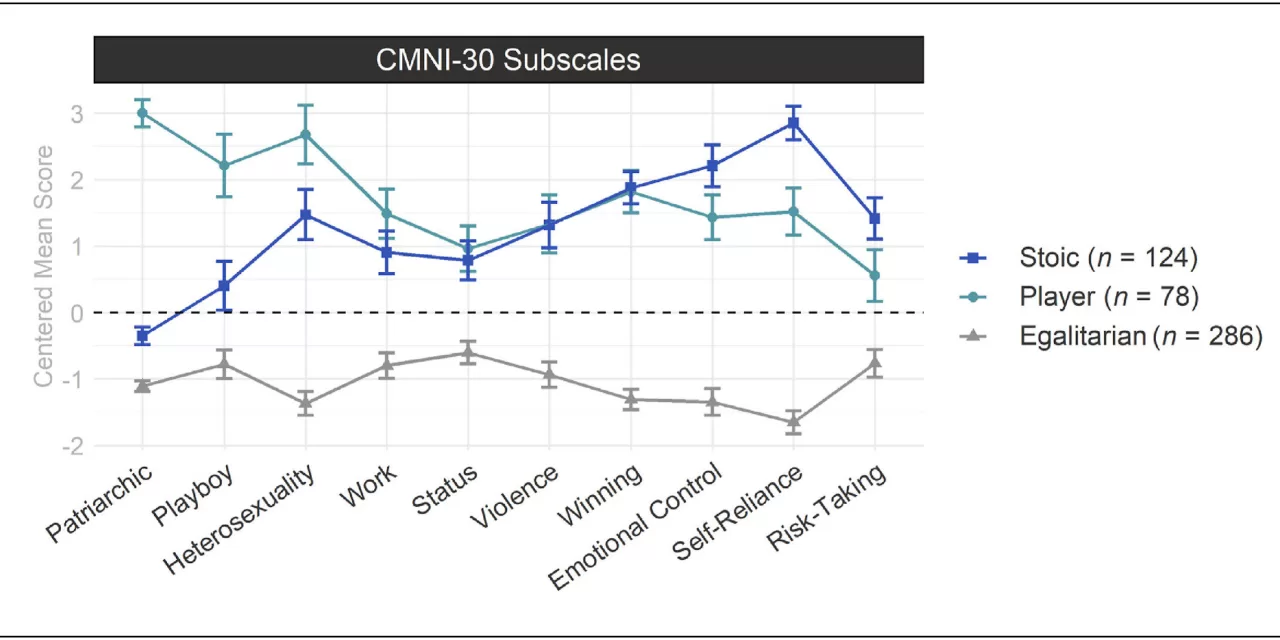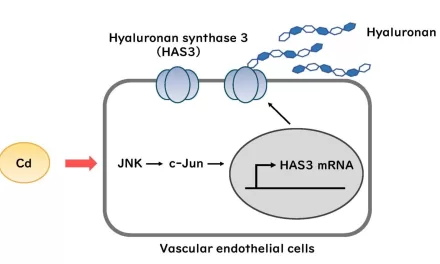A new study published in Heliyon has revealed that men who adhere strongly to traditional masculine roles are at a significantly higher risk of suicide, a finding that underscores the need for targeted prevention measures. While men are already known to commit suicide at rates two to four times higher than women globally, the study suggests that those who strongly align with societal expectations of masculinity—such as emotional restraint and independence—are particularly vulnerable.
The research, conducted by a team from the University of Zurich’s Department of Psychology, highlights how socio-cultural factors influence suicide risk among men. Team leader Andreas Walther emphasized that preventive measures should be more attuned to this sub-group of men, particularly those who conform to traditional masculine ideologies.
A long-term U.S. study involving 10,000 young men found that those who identified strongly with masculine norms were more likely to commit suicide over the following 20 years. These norms—rooted in patriarchal ideals—often promote traits like emotional control, self-reliance, and a reluctance to show vulnerability. Walther’s team aimed to examine which specific aspects of these traditional norms contribute to the increased risk.
The Zurich-based study recruited nearly 500 men from German-speaking countries, who completed surveys on their adherence to traditional masculine ideals, mental health status, and suicidal tendencies. The results were striking: 13% of participants had already attempted suicide, a quarter had been diagnosed with depression, and 20% had undergone psychotherapy. Though the sample may have skewed toward men already struggling with mental health, the findings still provided significant insights into the role of traditional masculinity in suicide risk.
The researchers identified three distinct groups among the men surveyed: Egalitarians (60%), Players (15%), and Stoics (25%). The Stoics, who were most aligned with traditional masculine ideals like emotional suppression and independence, showed more than double the risk of suicide attempts compared to the Egalitarians. Interestingly, the Players, who emphasized patriarchal masculinity and sexual conquests, did not display a significantly higher suicide risk.
Lukas Eggenberger, the study’s lead author, noted that the Stoics’ approach to handling stress and mental health crises is particularly dangerous. “The Stoic mindset fosters a dangerous combination—‘I can’t show my feelings, and I must solve my problems myself.’ This tunnel vision, coupled with their high risk-taking behavior, can make suicide seem like the only option,” he explained.
The study also found that younger men were more likely to adhere to traditional masculine ideologies, suggesting that the search for identity during young adulthood makes these norms an appealing way to define masculinity.
Given the findings, the study team advocates for tailored interventions to help men in the Stoic category, who may be more reluctant to seek help. A Canadian study cited in the research revealed that 60% of men who died by suicide had consulted mental health professionals within the year before their deaths, but their distress may not have been recognized due to the atypical expression of depression in men, often manifested through aggression or physical ailments rather than emotional openness.
Walther suggests that medical professionals need better training to recognize the subtle signs of depression in these men, and calls for the development of male-specific psychotherapy approaches that challenge traditional gender role conformity.
The study underscores the need for broader recognition of how traditional gender expectations can affect men’s mental health and contribute to the alarming suicide rates among them.
Reference: Lukas Eggenberger et al, “Men’s Suicidal Thoughts and Behaviors and Conformity to Masculine Norms: A Person-Centered, Latent Profile Approach,” Heliyon, 2024. DOI: 10.1016/j.heliyon.2024.e39094











